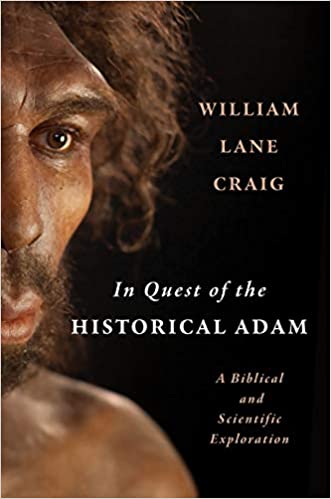Q. You go to great lengths to stress the figurative character of the creation narratives in Gen. 1-3, and you are right about that. But figurative doesn’t mean non-referential, and as you argue, it doesn’t mean there isn’t some historical substance in a story like we find in Gen. 2-3, even if you want to put it in the category of mytho-history. The ancient view of myths was, as you point out, stories about the gods, which were thought in some sense to be true. The problem I have with using the category myth for Gen. 1-3 is not merely because it has the modern connotation of fiction or something we know is not true, but because the ancient Hebrews were not myth making peoples. Indeed, as G.E. Wright laid out in detail, they readily demythologized ANE myths and used some of its concepts in a new framework (see e.g. Wright’s The Bible and the Ancient Near East, for example the creature Leviathan). For this reason, I would prefer to use the category of proto-history, or saga or legend, all of which have a historical component, but they also use plenty of figurative and metaphorical language in the process. Thoughts? Comments?
A. The claim that the ancient Hebrews were not a myth-making people is based on a confusion. The truth is that the Hebrews desacralized nature and eliminated the gods from their ontology of the natural world. But desacralization is not the same as demythologization. The assumption of Wright and others is that there cannot be a monotheistic myth. That is not only unjustified but demonstrably incorrect. The ancient Hebrews rejected polytheism, not myth as a literary genre. Quite the contrary: as I show at length in the book, Genesis 1- 11 exhibits clearly most all of the family resemblances of the genre of myth.












